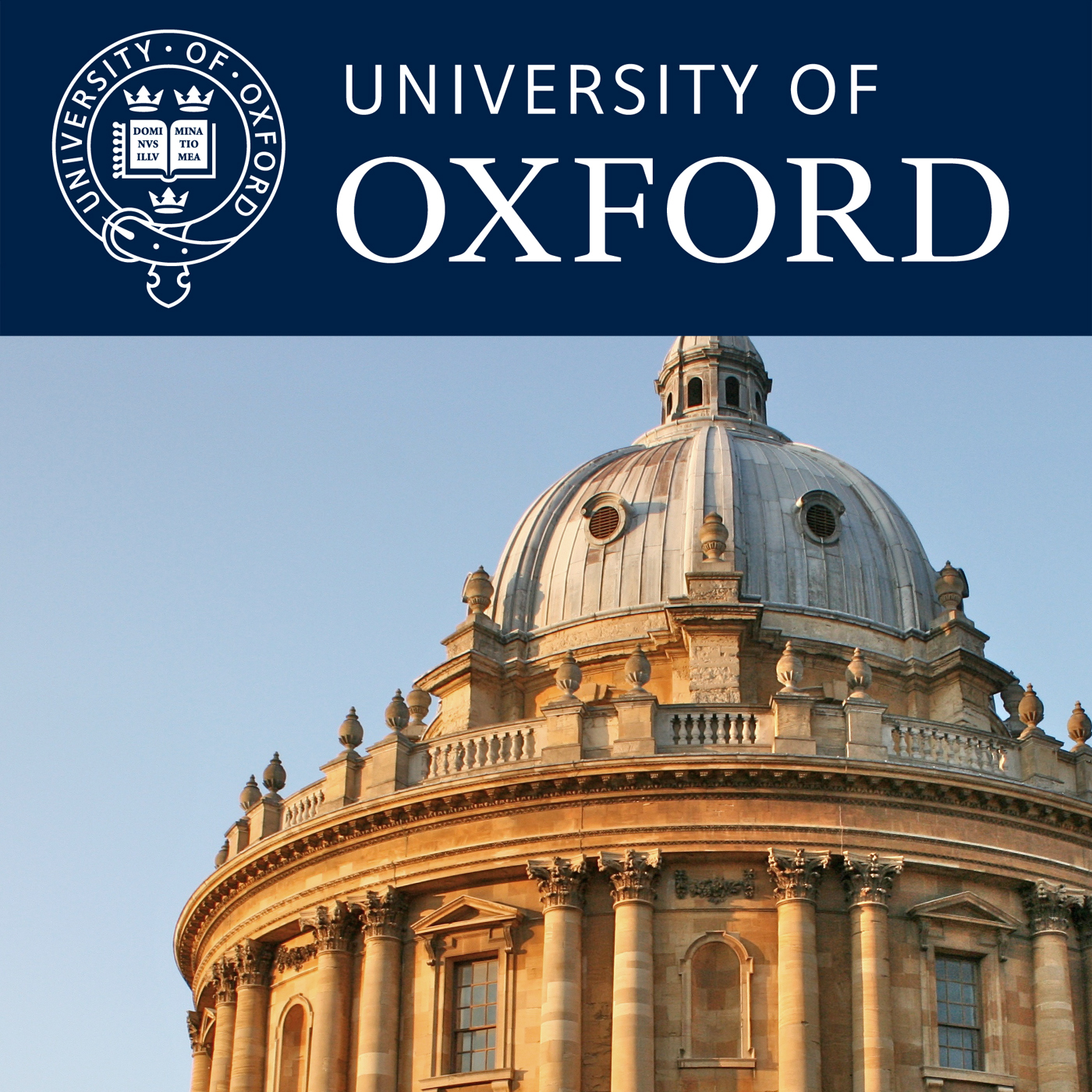Episodes
David Taylor on the arrival of female actors on the stage. In this undergraduate lecture, David Taylor describes one of the key theatrical developments of Restoration drama, the arrival of female actors on the stage. Creative Commons Attribution-Non-Commercial-Share Alike 2.0 UK: England & Wales; http://creativecommons.org/licenses/by-nc-sa/2.0/uk/
Published 03/14/19
Published 03/14/19
David Taylor lectures on the reopening of the theatres in the 1660s. In this undergraduate lecture, David Taylor considers the new forms, practices, and spaces of drama that emerged following the reopening of the theatres in the 1660s. Creative Commons Attribution-Non-Commercial-Share Alike 2.0 UK: England & Wales; http://creativecommons.org/licenses/by-nc-sa/2.0/uk/
Published 03/14/19
Ruth Scobie lectures on race and empire, 1660-1760. In this introductory lecture, Ruth Scobie outlines some of the historical contexts of literature written between 1660 and 1660, looking in particular at the topics of race and empire. Creative Commons Attribution-Non-Commercial-Share Alike 2.0 UK: England & Wales; http://creativecommons.org/licenses/by-nc-sa/2.0/uk/
Published 03/14/19
Abigail Williams lectures on the staging of Restoration drama. In this introductory lecture, Abigail Williams investigates the staging of Restoration drama, exploring the effects of such staging conditions on plays written in this period. Creative Commons Attribution-Non-Commercial-Share Alike 2.0 UK: England & Wales; http://creativecommons.org/licenses/by-nc-sa/2.0/uk/
Published 03/14/19
Kathleen Keown considers representations of gender in the seventeenth and eighteenth centuries. In this introductory lecture, Kathleen Keown considers representations of gender in the seventeenth and eighteenth centuries, before turning to women’s writing of the same period. Creative Commons Attribution-Non-Commercial-Share Alike 2.0 UK: England & Wales; http://creativecommons.org/licenses/by-nc-sa/2.0/uk/
Published 03/07/19
Kathleen Keown considers representations of gender in the seventeenth and eighteenth centuries. In this introductory lecture, Kathleen Keown considers representations of gender in the seventeenth and eighteenth centuries, before turning to women’s writing of the same period. Creative Commons Attribution-Non-Commercial-Share Alike 2.0 UK: England & Wales; http://creativecommons.org/licenses/by-nc-sa/2.0/uk/
Published 03/07/19
Carly Watson outlines the material forms in which literary texts circulated between 1660 and 1760. In this introductory lecture, Carly Watson outlines the material forms in which literary texts circulated between 1660 and 1760. Creative Commons Attribution-Non-Commercial-Share Alike 2.0 UK: England & Wales; http://creativecommons.org/licenses/by-nc-sa/2.0/uk/
Published 03/07/19
Clare Bucknell considers how we define a literary period. In this introductory lecture, Clare Bucknell considers how we define a literary period and highlights some of the problems with period boundaries, drawing examples from texts written from circa 1660 to circa 1760. Creative Commons Attribution-Non-Commercial-Share Alike 2.0 UK: England & Wales; http://creativecommons.org/licenses/by-nc-sa/2.0/uk/
Published 03/07/19
Sophie Ratcliffe investigates the material culture of the Victorians, using examples from Charles Dickens. In this Open Day taster lecture, Sophie Ratcliffe investigates the material culture of the Victorians, looking particularly the novels of Charles Dickens in the context of nineteenth-century paper-making. Creative Commons Attribution-Non-Commercial-Share Alike 2.0 UK: England & Wales; http://creativecommons.org/licenses/by-nc-sa/2.0/uk/
Published 03/07/19
Kate McLoughlin explores how we might define a war poem. In this Open Day taster lecture, Kate McLoughlin explores how we might define a war poem, looking in particular at some of D H Lawrence’s verse. Creative Commons Attribution-Non-Commercial-Share Alike 2.0 UK: England & Wales; http://creativecommons.org/licenses/by-nc-sa/2.0/uk/
Published 03/07/19
Michael Whitworth considers whether diaries are literature, looking particularly at the diaries of Virginia Woolf. In this Open Day taster lecture, Michael Whitworth considers whether diaries are literature and how women writers exploit the possibilities of this genre, looking particularly at the diaries of Virginia Woolf. Creative Commons Attribution-Non-Commercial-Share Alike 2.0 UK: England & Wales; http://creativecommons.org/licenses/by-nc-sa/2.0/uk/
Published 03/07/19
Kirsten Shepherd-Barr investigates 'character' in Modern Drama In this Open Day taster lecture, Kirsten Shepherd-Barr investigates how the notion of ‘character’ in theatre has changed over time, drawing examples from Beckett, Pinter, Churchill, Kane and Crimp. Creative Commons Attribution-Non-Commercial-Share Alike 2.0 UK: England & Wales; http://creativecommons.org/licenses/by-nc-sa/2.0/uk/
Published 03/07/19
Kirsten Shepherd-Barr investigates 'character' in Modern Drama In this Open Day taster lecture, Kirsten Shepherd-Barr investigates how the notion of ‘character’ in theatre has changed over time, drawing examples from Beckett, Pinter, Churchill, Kane and Crimp. Creative Commons Attribution-Non-Commercial-Share Alike 2.0 UK: England & Wales; http://creativecommons.org/licenses/by-nc-sa/2.0/uk/
Published 03/07/19
Sos Eltis looks at Oscar Wilde’s 1895 trial. In this Open Day taster lecture, Sos Eltis explores the complex causes which motivated Oscar Wilde’s 1895 court cases. Creative Commons Attribution-Non-Commercial-Share Alike 2.0 UK: England & Wales; http://creativecommons.org/licenses/by-nc-sa/2.0/uk/
Published 03/04/19


